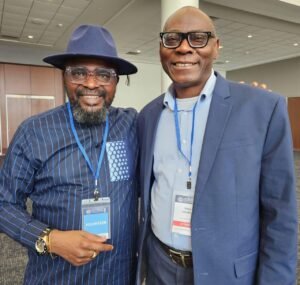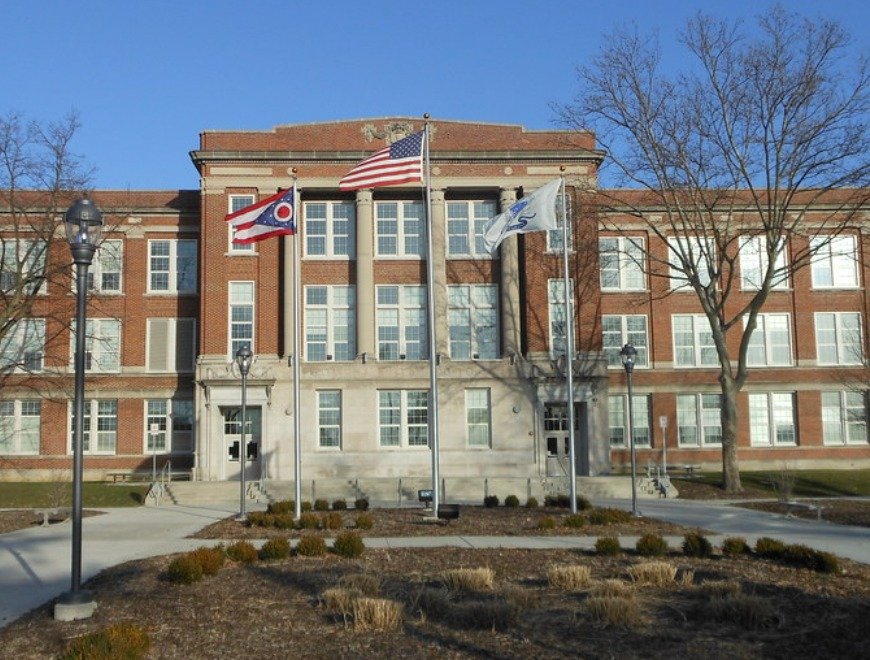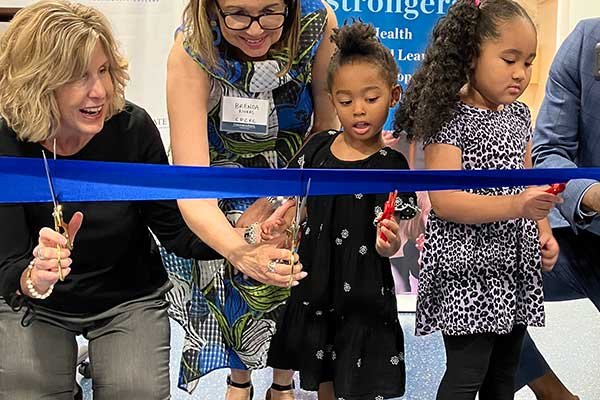Deliberations on Access to Education Highlight Key Barriers at Franklin County Diversity, Equity, and Inclusion Conference

By
Deba Uwadiae & Taiwo AKINLAMI
On October 23, 2024, the second day of the Franklin County Diversity, Equity, & Inclusion Conference: Celebrating Differences & Building Inclusive Futures featured a series of group discussions, each tackling significant issues related to equity across various sectors. Of particular interest was the Youth and Access to Education Discussion Group, which explored the persistent barriers to equitable education and proposed solutions to create a more inclusive educational environment for all students.
The discussion, hosted by a diverse group of community leaders, parents, and educators, honed in on the socioeconomic factors that continue to hinder access to quality education, particularly for marginalized communities. The deliberations revealed both challenges and innovative strategies that could shape the future of education policy in Franklin County and beyond.

Gifted Programs and Special Needs: Barriers of Affordability
The group began by identifying one of the most pressing issues: the financial barriers that prevent many families from accessing programs for gifted and talented students. Despite the availability of these programs, many parents are unable to afford the extra costs associated with advanced education tracks, leaving their children at a disadvantage.
Special needs education also emerged as a critical concern. The group noted that the lack of affordable resources and support for children with disabilities further exacerbates inequality, leaving some of the most vulnerable students without the tools they need to succeed.
“Special needs issues are often overlooked, and the resources aren’t there. These children are falling through the cracks,” one participant emphasized.
Pre-K and Transportation: Gaps in Early Childhood Education
The absence of universal pre-kindergarten programs was another major point of contention. Communities without access to pre-K are often left behind from the very start, resulting in an achievement gap that is difficult to close. The group discussed how pre-K availability is limited not only by cost but also by complex, unwritten rules and biases that prevent equitable enrollment.
Additionally, transportation barriers emerged as a significant factor contributing to educational inequity. Families in underserved communities often struggle with reliable transportation options, making it difficult for children to attend school regularly. This issue, combined with the rigid hours of school operations that do not align with the work schedules of many parents, especially those holding multiple jobs, places additional strain on families.
Diversifying the Teacher Pipeline: Representation Matters
One of the most passionate discussions revolved around the need for more teachers of color. The group highlighted how students perform better when they see themselves reflected in their educators. However, the current pipeline for teachers of color remains narrow, with a heavy reliance on historically Black colleges and universities (HBCUs) for recruitment, which is not sufficient to meet the demand.
Participants agreed that creating intentional pathways to bring more teachers of color into the classroom is essential. “If I’m a young Black man from Nigeria and I see a teacher who looks like me, who understands my experience, it changes everything. It fosters a sense of belonging and possibility,” one speaker noted.
Parental Engagement: Multiple Platforms for Communication
The conversation also focused on the importance of effective communication between schools and parents, particularly in communities where language barriers exist. Many parents, especially from immigrant or low-income backgrounds, face obstacles when trying to engage with their children’s schools. The group discussed the need for schools to utilize multiple platforms, including surveys in various languages and digital tools such as Paltalk or Talking Points, which enable parents and teachers to communicate across language divides.
The group underscored the importance of viewing multilingualism as an asset rather than a barrier, using technology to bridge gaps in participation. “We need to meet parents where they are, whether that’s through translated surveys or apps that allow real-time communication in their native languages,” a participant emphasized.
Equity in Action: Borrowing from Successful Models
Finally, the group discussed potential policy solutions, referencing existing equity plans that have been successful in other school districts. City Council members, such as Councilmember Jones, were noted as champions of equity initiatives that could serve as models for broader application. The group recommended borrowing elements of these plans to help develop tailored equity strategies for local schools.
A Call for Action
The discussions from the Youth and Access to Education Group reflected a collective commitment to improving educational access for all students, regardless of socioeconomic status or background. The group concluded with a call to action: urging stakeholders—school districts, policymakers, and community leaders—to prioritize equity in education and address the systemic barriers that continue to impede progress.
As the conference came to a close, participants left with a renewed sense of purpose and a clear understanding that creating inclusive futures requires more than dialogue requires sustained action and the courage to implement change.
For Franklin County, the next steps are crucial: building on the ideas generated in these sessions and translating them into tangible policies that will give every child the opportunity to succeed.

Taiwo AKINLAMI is the Curator-in-Chief of the S.A.F.E for Children® Information Bank, Ohio, a project of Power Parenting Company LLC (http://www.powerparentingcompany.com/)
Mr Debo Uwadiae is the Publisher of The New Americans Magazine, Ohio.





